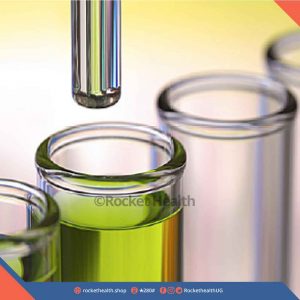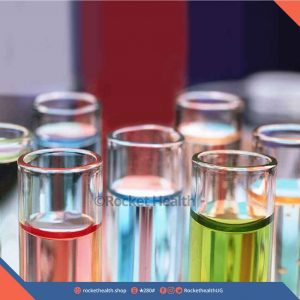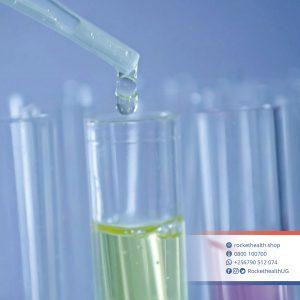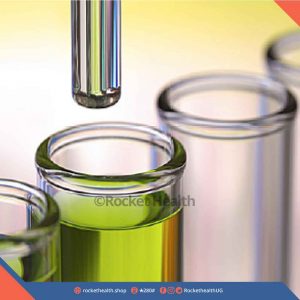No products in the cart.
RENAL FUNCTION TEST
This is a panel of blood tests that check if your kidneys are functioning well.
Blood.
No specific patient preparation protocol required. Inform your doctor if you are on any medications or have any underlying medical conditions or allergies before undergoing this test.
A group of tests that are performed together to evaluate kidney function. The tests measure levels of various substances, including several minerals, metabolites and electrolytes in the blood to determine the current health of your kidneys.
UGX 45,000RENAL FUNCTION TEST
UGX 45,000URIC ACID
This blood test is used to check for gout and also monitor people undergoing chemotherapy or radiation treatment for cancer.
Blood.
No specific patient preparation protocol required. Inform your doctor if you are on any medications or have any underlying medical conditions or allergies before undergoing this test.
Uric acid is produced by the breakdown of purines. Purines are nitrogen-containing compounds found in the cells of the body, including our DNA. If too much uric acid is produced or not enough is removed, it can accumulate in the body, causing increased levels in the blood (hyperuricemia). The presence of excess uric acid can cause gout, a condition characterized by inflammation of the joints due to the formation of uric acid crystals in the joint (synovial) fluid. Excess uric acid can also be deposited in tissues such as the kidney, leading to kidney stones or kidney failure.
UGX 30,000URIC ACID
UGX 30,000Calcium
Serum calcium is a blood test used to measure the amount of calcium in the blood to screen or monitor bone diseases or calcium regulation disorders.
Blood.
You may be instructed to stop taking certain medications, such as lithium, antacids, diuretics, and vitamin D supplements, among others, to ensure the most accurate test results.
It is essential for cell signaling and the proper functioning of muscles, nerves, and the heart. Calcium is needed for blood clotting and is crucial for the formation, density, and maintenance of bones and teeth. This test measures the amount of calcium in the blood or urine, which reflects the amount of total and ionized calcium in the body.
UGX 20,000Calcium
UGX 20,000




